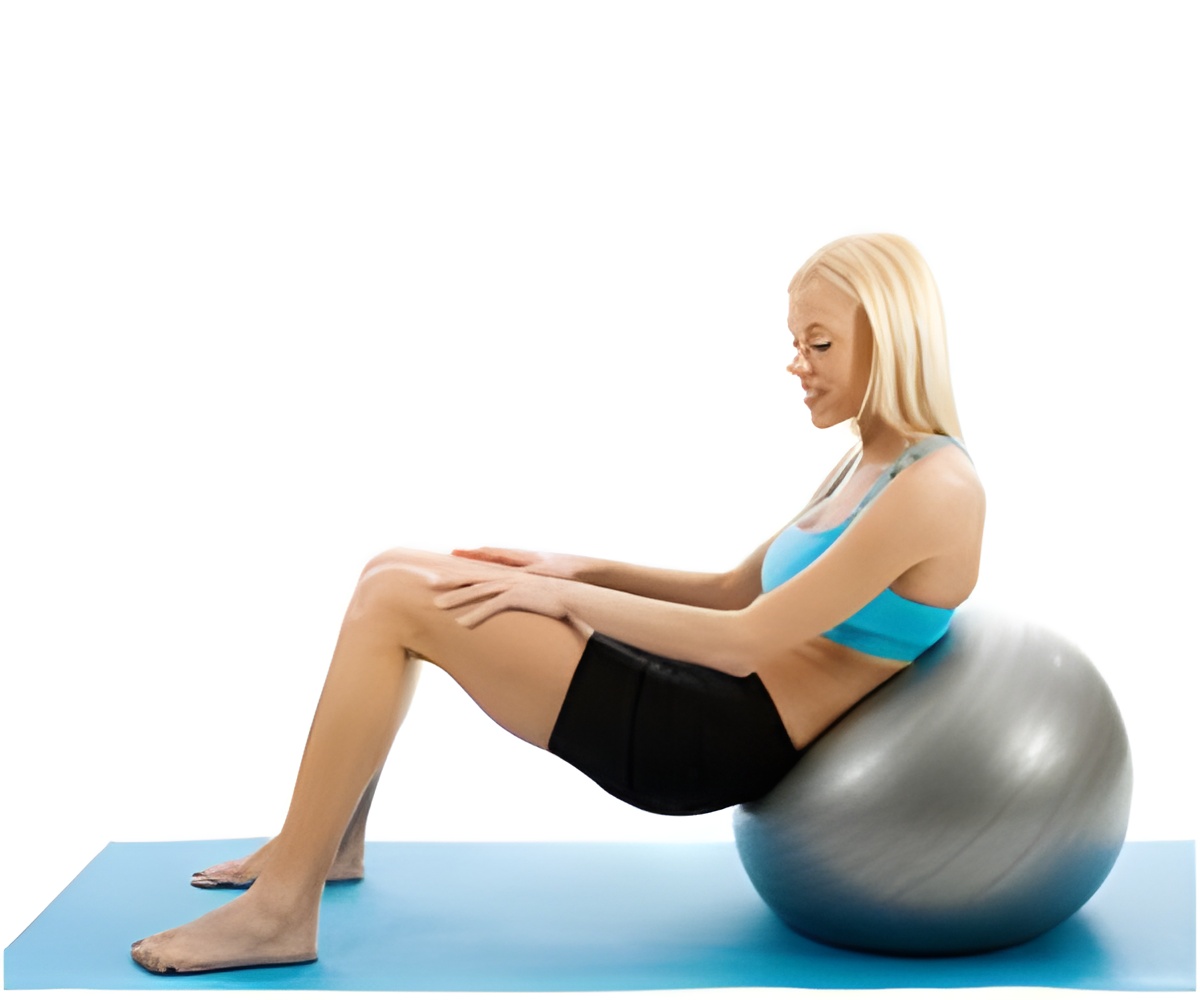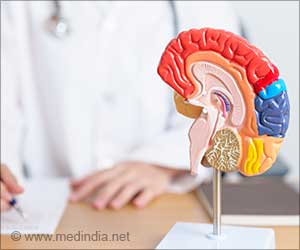
‘Exercise seemed to have the most beneficial impact on the metabolism at the beginning of the active phase phase (equivalent to late morning in humans) compared with the resting phase (evening).’
Tweet it Now
"Circadian rhythms dominate everything we do," adds Paolo Sassone-Corsi of the Center for Epigenetics and Metabolism at the University of California, Irvine, who is senior author of the other paper. "Previous studies from our lab have suggested that at least 50% of our metabolism is circadian, and 50% of the metabolites in our body oscillate based on the circadian cycle. It makes sense that exercise would be one of the things that's impacted." Both research teams looked at the association between time of day and exercise performance primarily in mice. Because mice are nocturnal, one thing they had to do was translate mouse timing to human timing, by distinguishing between the active phase and resting phase of the mice rather than using numbers on the clock.
Asher's group started by putting mice in treadmills at different times of day within their active phase. They examined the exercise capacity of mice upon different exercise intensities and regimens and found that overall exercise performance is substantially better (about 50% on average and more in some protocols) in the "mouse evening" (toward the end of their active time) compared to the morning hours. These daily differences were diminished in mice that had mutant clocks--supporting a potential role of the clock in the observed variance in exercise performance.
To identify a potential determinant of daily variance in exercise performance, they applied high-throughput transcriptomics and metabolomics on muscle tissue. The researchers found that in response to exercise in the "mouse evening," there were higher levels of a metabolite called ZMP (5-aminoimidazole-4-carboxamide ribonucleotide). ZMP is known to activate metabolic pathways that are related to glycolysis and fatty acid oxidation through activation of AMPK, which is a master cellular metabolic regulator. Therefore, it is likely to contribute to the increased exercise capacity in the evening. "Interestingly, ZMP is an endogenous analog of AICAR [aminoimidazole carboxamide riboside], a compound that some athletes use for doping," Asher says.
The researchers also studied 12 humans and found similar effects. Overall, the people in the study had lower oxygen consumption while exercising in the evening compared with the morning; this translated to better exercise efficiency.
Advertisement
They found that a protein called hypoxia-inducible factor 1-alpha (HIF-1α) plays an important role and that it is activated by exercise in different ways depending on the time of day. HIF-1α is a transcription factor that is known to stimulate certain genes based on oxygen levels in tissue. "It makes sense that HIF-1α would be important here, but until now we didn't know that its levels fluctuate based on the time of day," Sassone-Corsi says. "This is a new finding."
Advertisement
Source-Eurekalert













